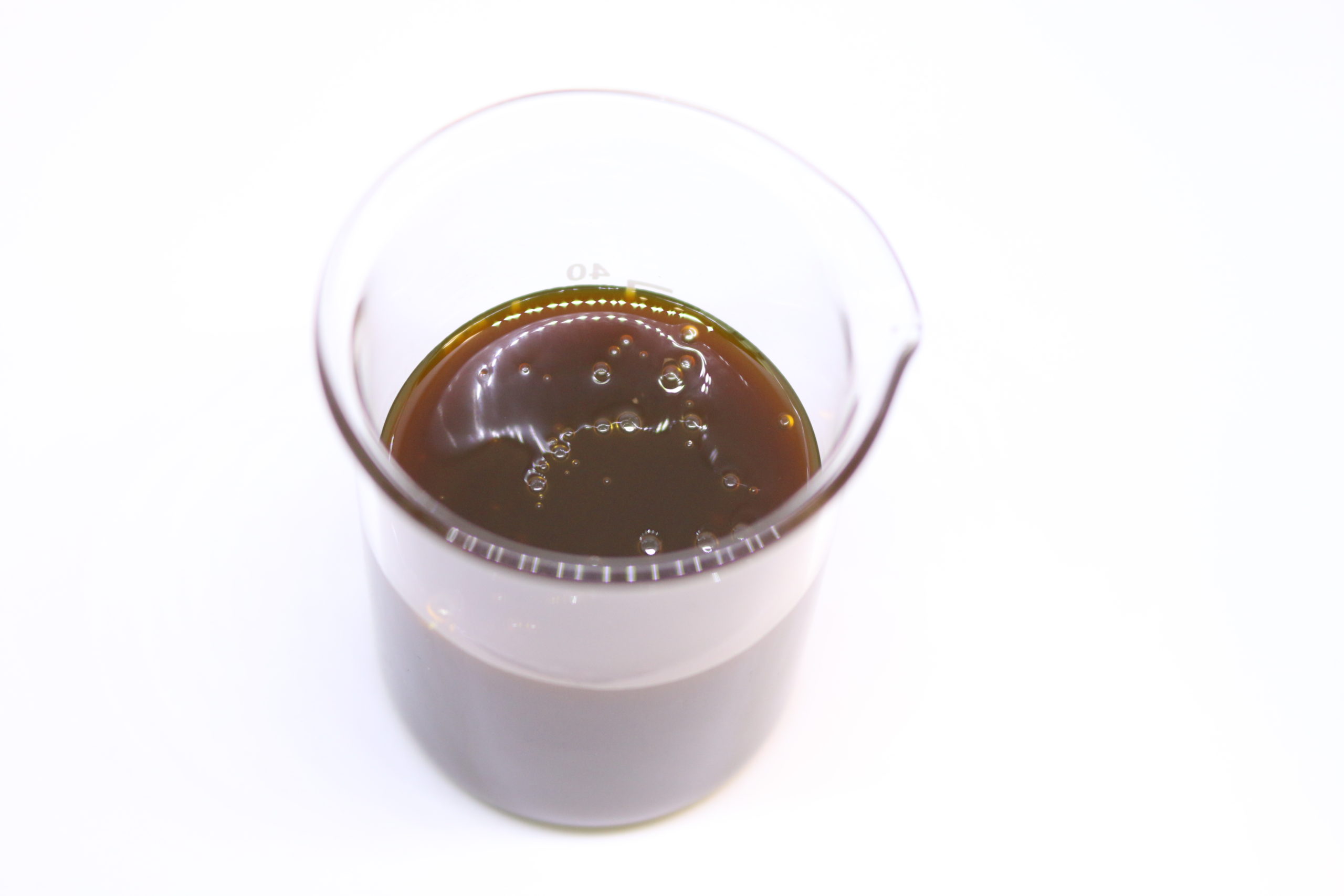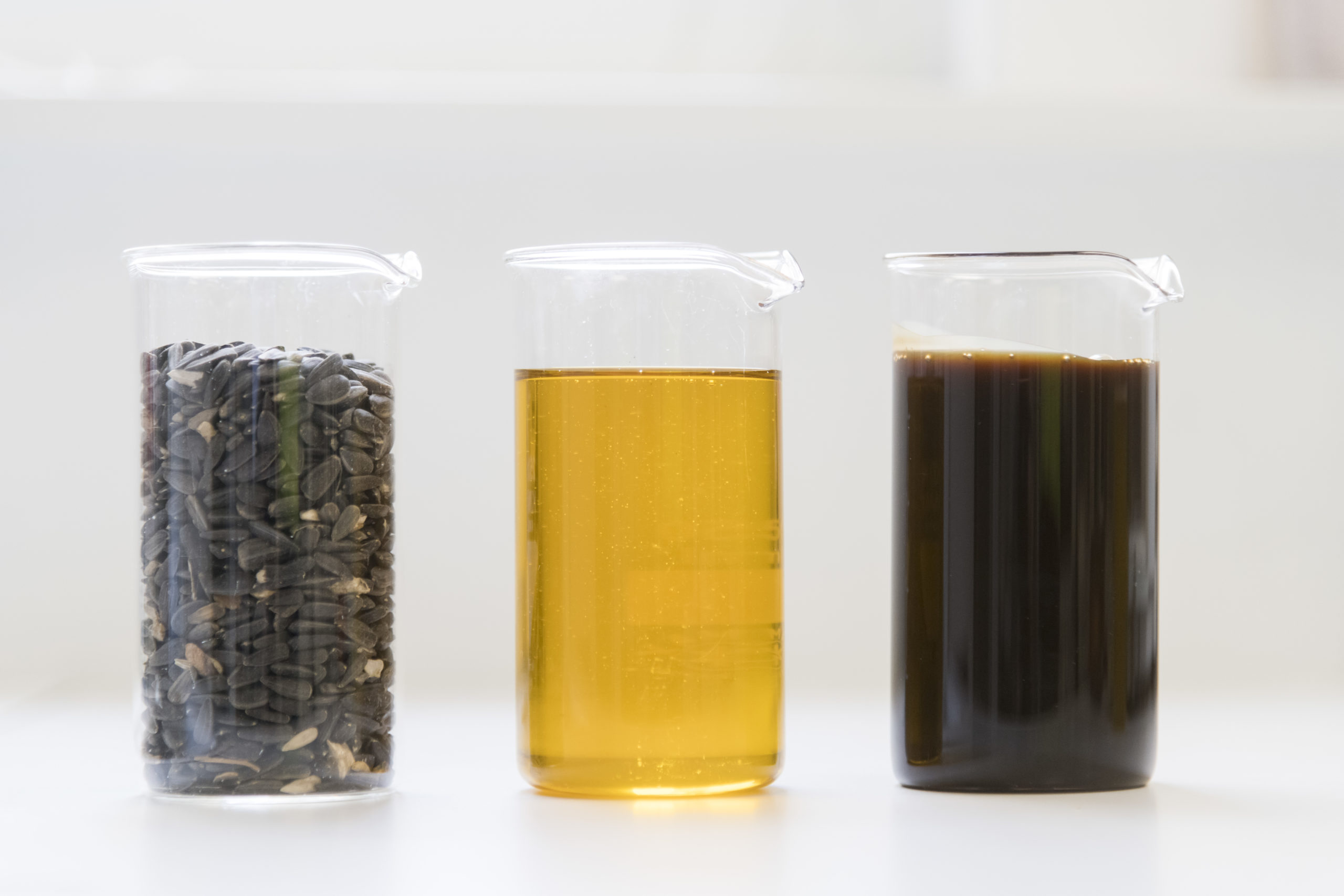Integrated production
Since 2018, Saipol has been producing sunflower lecithin at the Bassens plant, developing its offer of speciality ingredients for the food, feed, nutrition and health markets.
At the end of 2020, the production of rapeseed lecithin also started at the Le Mériot plant.
French lecithin, non-allergenic
Lecithin is a natural emulsifier. Made from sunflower or rapeseed, it is a choice substitute for manufacturers looking for an alternative to soy lecithin that is non-allergenic and made from conventional seeds.
producer
of sunflower lecithin in France
sales teams
in Europe
emulsifier
also known as E322

Marketed through the specialised subsidiaries of the Avril Group
The lecithins produced by Saipol are marketed by Novastell and Lecico, subsidiaries of the Avril Group with expertise in lipids and phospholipids.
Novastell and Lecico offer a complete range of various plant-based lecithins for the food industry and health nutrition.
the production of lecithin
Lecithin is the name given to a group of phospholipids naturally contained in fats, and in particular in sunflower or rapeseed. The phospholipids contained in lecithin include phosphatidylcholine, phosphatidylinositol, phosphatidylethanolamine and phosphatidic acid.
Lecithin is produced from a fraction of crude oil, called “gums” (phospholipids) and isolated during the degumming stage. These gums are then dried to obtain lecithin.
The lecithins produced by Saipol are amber-brown viscous fluids.

What are the uses of lecithin?
Sunflower lecithin is marketed to food manufacturers (chocolate, margarine, biscuits and pastries, confectionery, baby food, animal feed), nutritionists and cosmetics manufacturers, as well as to intermediaries specialising in the processing of lecithin.
Lecithin has multiple technological properties and various forms of presentation (liquid, powder) adapted to all types of formulations.
Thanks to the phospholipids it contains, lecithin also has nutritional properties.

Properties for food products:
Improved texture of spreads, antioxidant effect, improved fat distribution in leavened doughs, improved stability of fermentations, reduced viscosity of chocolate, non-sticky effect of toppings, avoids crystallisation of sugar,and more.

Nutritional properties:
Phospholipids are essential elements of cellular structures. They play an important role in the metabolism and are essential for a balanced diet.
Phospholipids from lecithins are thus used in the composition of many nutritional and health products.
